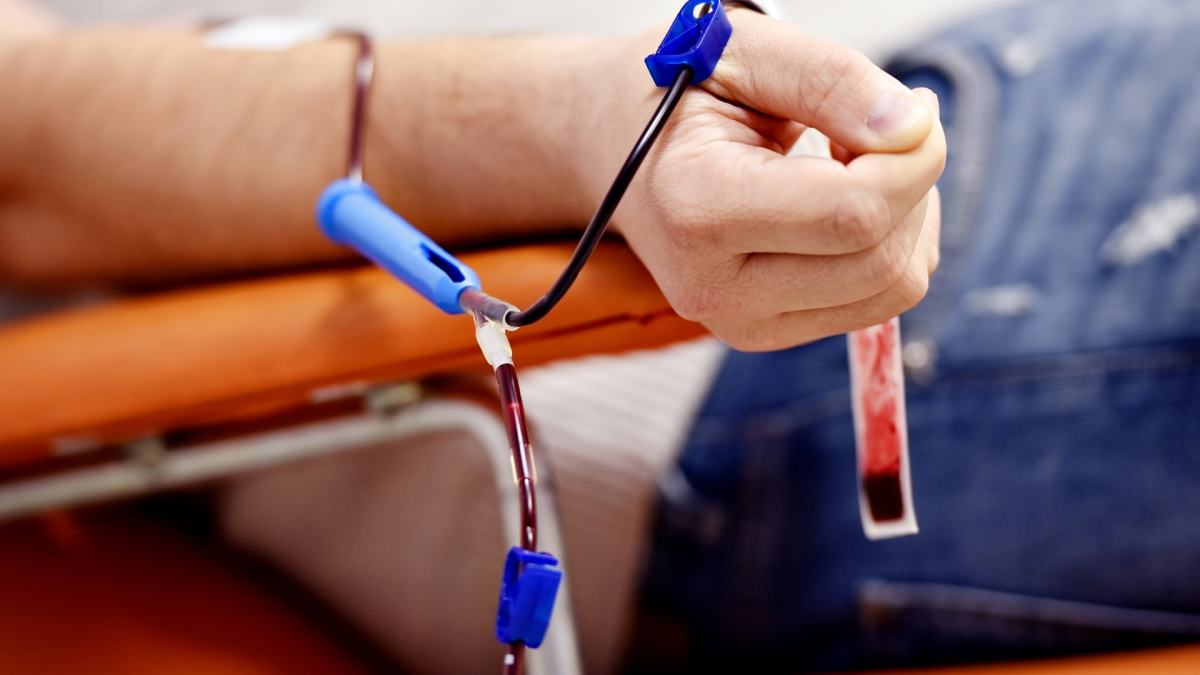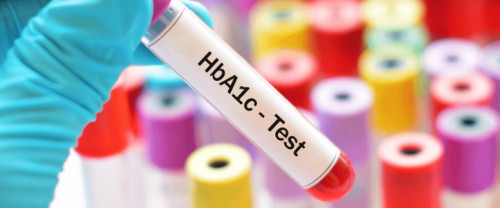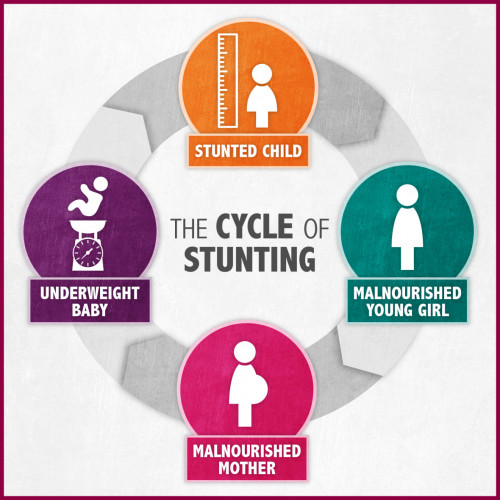Donated blood will be very beneficial for the recipient, namely people who experience conditions such as accidents, organ transplants, cancer, anemia, thalassemia, to blood cancer. In addition, regular blood donation is also proven to provide benefits and nourish the body of the person who donates.
Blood donation is a good and noble activity because we can help others. Blood donation can help those who need blood in urgent situations. Because when the patient is in critical condition, the Red Cross or the hospital does not have sufficient blood stock. In fact, blood donation is not only beneficial for the recipient (recipient), but the donor also receives extraordinary benefits. When a person donates blood, his or her body replaces the blood volume within 48 hours of the donation, and all lost red blood cells are completely replaced within four to eight weeks with new red blood cells. The process of forming new red blood cells will help the body stay healthy and work more efficiently and productively.
In general, anyone can donate blood if they are in good health. However, there are some basic requirements that must be met by someone to become a blood donor, this is done to ensure the safety of patients and donors in the future. Below are some of the requirements:
- In good health when donating blood (you cannot donate if you are sick with flu, sore throat, etc)
- Ages 17-60 years and up to 65 years for blood donors who have routinely donated blood until they finally stopped at the doctor's discretion
- Minimum weight 45 Kg
- Normal blood pressure (Sistole 100 - 180 and Diastole 70 - 100)
- Hemoglobin level 12.5-17.0 gr/dL%. Hemoglobin levels can be checked using one of our products: HemoSmart GOLD Hemoglobin Screening Meter which is the world's first biosensor based. In just 5 seconds, the hemoglobin level can be read
- For the safety and security of donors in accordance with PERMENKES 91 of 2015 the time interval since the last blood donation is at least 2 months
- Special circumstances of delaying blood donation:
-
- If you recently had a tattoo/body piercing: wait up to 6 months
- If you have just been to the dentist for a minor treatment: wait 24 hours
- If you have just been to the dentist for major treatment: wait 1 month
- Breastfeeding mothers: wait 3 months after the baby is weaned
- After delivery: wait 6 months
- After traveling to an area with a high incidence of endemic infections (malaria, dengue): postpone temporarily
- Typhoid: wait 6 months after recovering
Picture 1. PERMENKES 91 of 2015 concerning Standards for Blood Transfusion Services
Do not donate blood if:
- Have heart and lung disease
- Suffering from cancer
- Suffering from high blood pressure (hypertension)
- Suffering from diabetes mellitus;
- Have a tendency to abnormal bleeding or other blood disorders
- Suffering from epilepsy and frequent seizures
- Have or have had hepatitis B or C
- Have syphilis
- Drug addiction
- Alcohol addiction
- Have or are at high risk of HIV/AIDS
- Doctors advise against donating blood for health reasons
Basically, blood donation is a safe medical procedure. Most people do not feel any significant side effects or complaints after donating blood. However, if you feel mild pain or bruising at the injection site and you are dizzy or have certain complaints after donating blood, you can consult a doctor for treatment.
References:
- PMI DKI Jakarta. Tentang Donor Darah
- WHO. (2018). Who Can Give Blood
- Redcrossblood(.)org. Requirements by Donation Type







